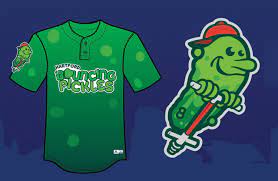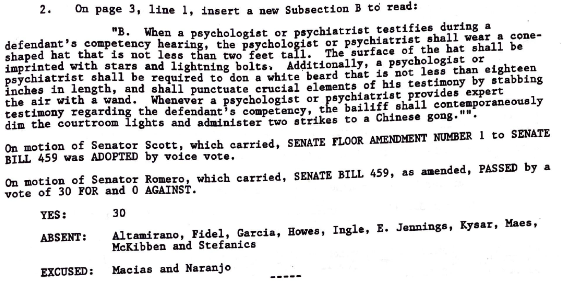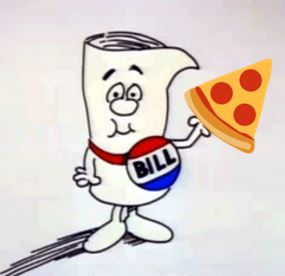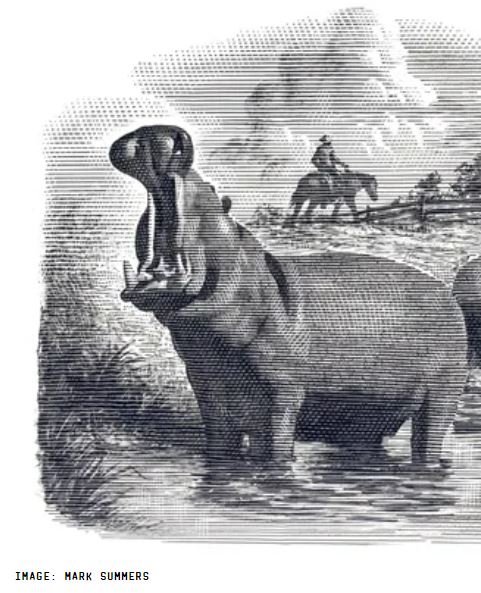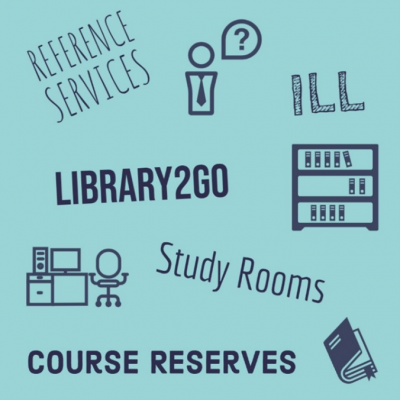As Thanksgiving rolls around once again, we’re bringing back a seasonal favorite from the archives—a light-hearted look at presidential turkey pardons and the legal power behind them. Consider this a little blast from the past to pair with your holiday cheer, as we revisit how the nation’s most famous birds earn their moment of executive grace. Enjoy this repost of one of our classic Thanksgiving features!
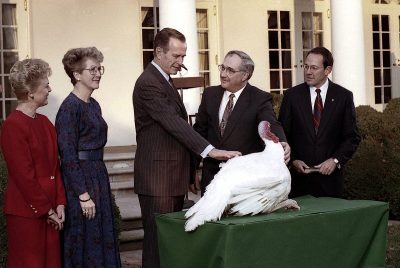
11/25/1991
It’s that time of year again when the leader of the free world will release another turkey back into the wild. It being Thanksgiving time, we’re talking about birds of course! The history of officially pardoning turkeys doesn’t go back as far as you would think. Yes Truman may have pardoned a bird, but that was for Christmas, and while Reagan spared a turkey named Charlie, he only joked later that it was a pardon. It was George H.W. Bush in 1989 that “officially” pardoned the first thanksgiving turkey. You may be wondering how such awesome power is granted to and exercised by the presidency… Legal research to the rescue!
The power to pardon is granted to the President based on Article II, Section 2 of the United States Constitution which states: “The President . . . shall have power to grant reprieves and pardons for offenses against the United States….” The Office of the Pardon Attorney assists the President in the exercise of the clemency power. The Justice Manual, which provides guidance relevant to the work of the various United States Attorneys’ offices, lists five factors to be considered when determining whether a particular petitioner should be recommended for a pardon. These considerations are: 1) the post-conviction conduct, character, and reputation of the petitioner 2) the seriousness and relative recentness of the offense, 3) any acceptance of responsibility, demonstrated remorse, or attempts at atonement, 4) the need for relief, and 5) any official recommendations or reports submitted, Justice Manual 9-140.112.
According to the Code of Federal Regulations itself though, all of the rules and policy guiding Department of Justice personnel are only advisory in nature and do not restrict the authority granted to the President, 28 C.F.R. § 1.11. In fact, the only steps necessary for a valid pardon are 1) that a president grants it, and 2) that the recipient accepts it, U.S. v. Wilson, 32 U.S. 150 (1833). That means there is no requirement that the pardon be published, although you can find a list of pardons from the Trump administration on the Office of the Pardon Attorney’s website. Conspicuously absent . . . the turkeys.
Let’s hope the President sticks to the script and only pardons another bird this year, so the holiday dinner table is a little easier on us all. And remember, for all your legal research needs feel free to visit us at the reference desk whether bird related or not. Happy Thanksgiving everyone!!!
